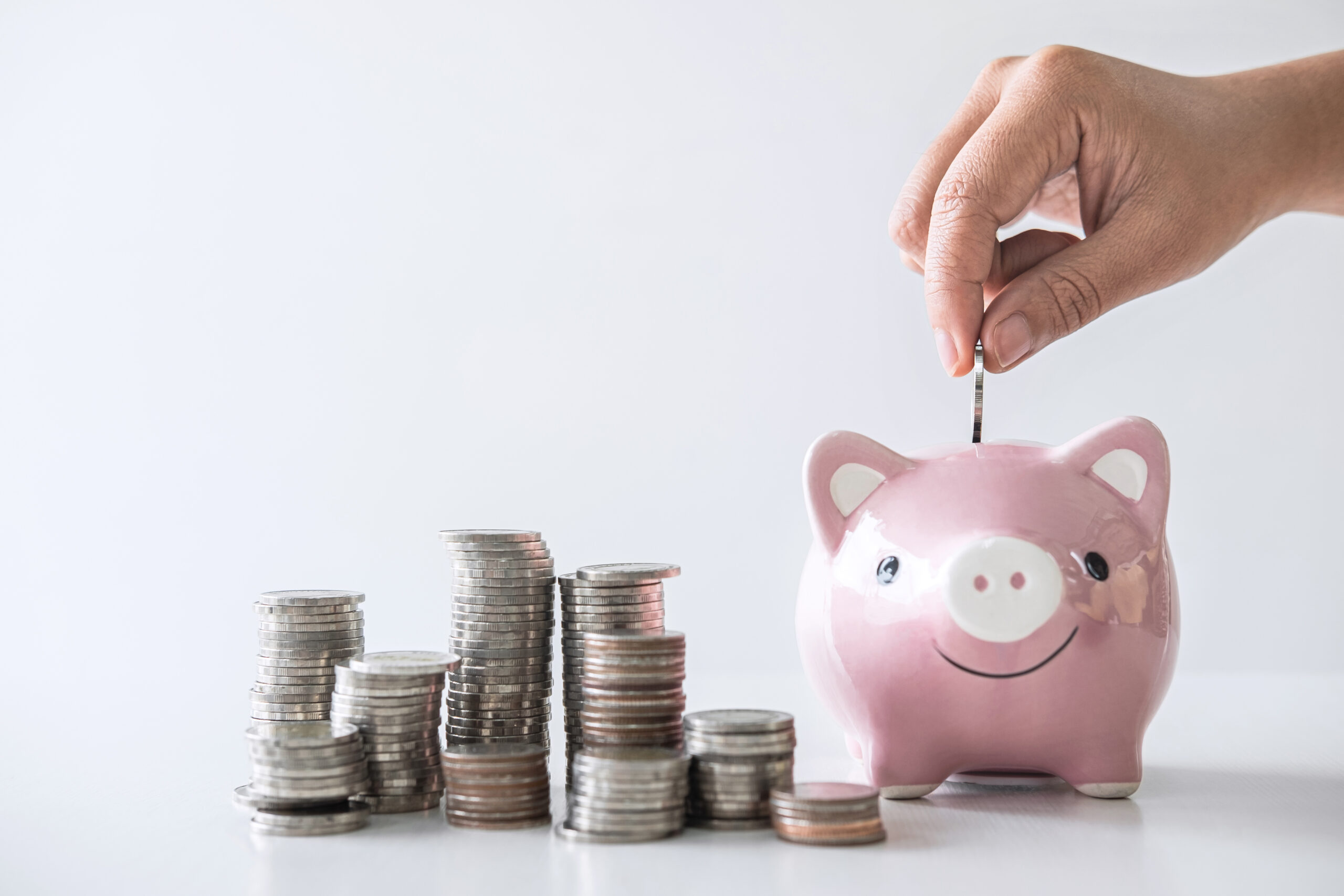When I first heard people talking about checking accounts, savings accounts, and something called a “CD,” I felt like I was listening to a foreign language. I mean, a “checking account” sounded like something only adults cared about, and – based on what my Dad told me – I thought a “CD” was just a shiny disc from the ‘90s. So, yeah, I was totally lost. Money stuff seemed like this mysterious, grown-up world, and I wasn’t even sure why I’d ever need to learn it. But then, as I learned more, I realized that maybe it wasn’t so alien after all.
Here’s what I found out about checking, savings, and CDs (spoiler: they’re not as confusing as they sound!):
Checking Account:
- Daily Money:This is where you keep the money you need for everyday stuff. It’s like your main wallet.
- Easy Access: You can use it anytime with a debit card, write checks (if you ever need to), or pay for things online.
- Little or No Interest: The bank doesn’t really pay you to keep your money here because they expect you to use it a lot.
- Example: You get some money from your part-time job or an allowance. You put it in your checking account and use it to buy snacks, clothes, or whatever you want.
Savings Account:
- Save for Later: This account is more like a piggy bank, but in the bank. It’s for money you don’t plan to spend right away.
- Earns Interest:The bank pays you a little bit of extra money (interest) for keeping your money in this account. The longer you leave it, the more it grows.
- Harder to Access: It’s not as easy to spend this money on impulse. You might have to transfer it to your checking account first or go to the bank to get it out.
- Example: You want to save up for something big, like a new phone or a trip. You put some of your money in a savings account and let it grow until you have enough.
Certificate of Deposit (CD):
- Long-Term Savings: A CD is like a savings account but with a twist—you agree not to touch the money for a certain amount of time (like 6 months or a year).
- Higher Interest:Because you can’t access the money for a while, the bank gives you a better interest rate, so your money grows more.
- Penalties for Early Withdrawal: If you take the money out early, you might have to pay a fee or lose some of the interest you earned.
- Example: You have some money you definitely won’t need for a year, like from a birthday gift. You put it in a CD to earn more interest than a regular savings account.



Leave a Reply